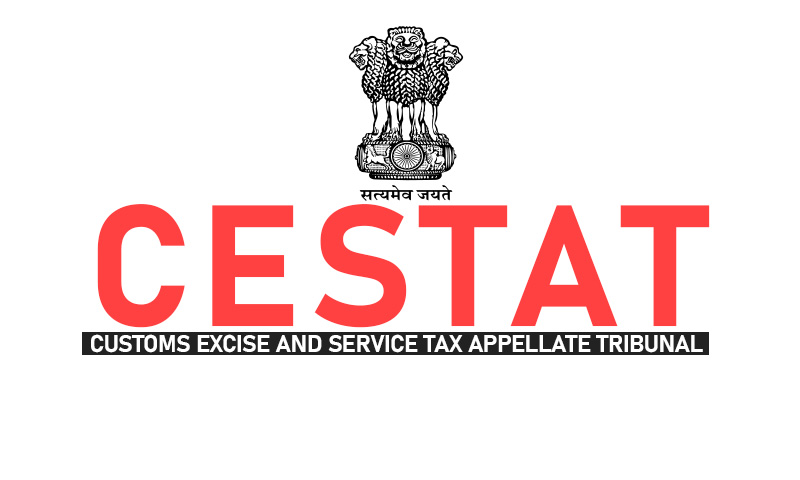Exported Goods Cannot Be Confiscated Under Section 113 Of Customs Act: CESTAT Hyderabad
Parina Katyal
25 April 2022 6:24 PM IST

Next Story
25 April 2022 6:24 PM IST
The Hyderabad Bench of Customs, Excise and Service Tax Appellate Tribunal (CESTAT) has ruled that Section 113 of the Customs Act only provides for confiscation of goods that are to be exported and not for goods which have already been exported. The Bench, consisting of P.K. Choudary (Judicial Member) and P. Venkata Subba Rao (Technical Member), held that the purpose of the...
